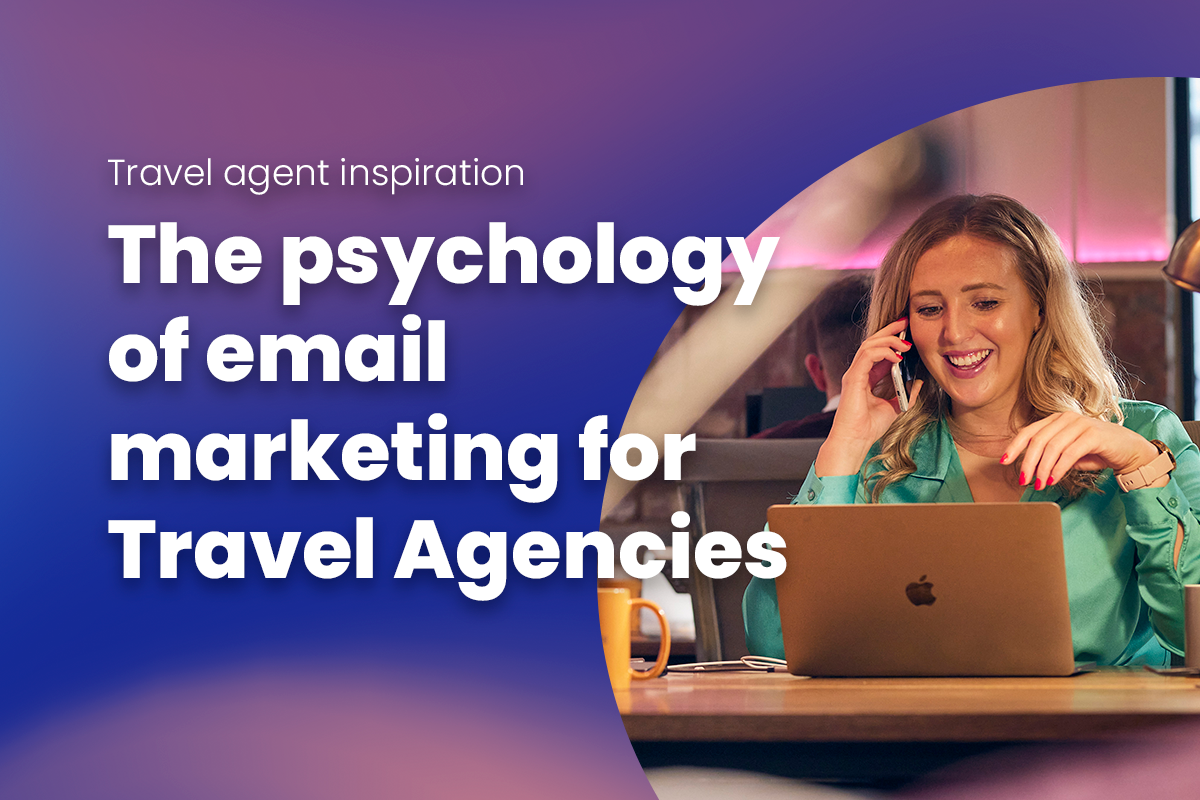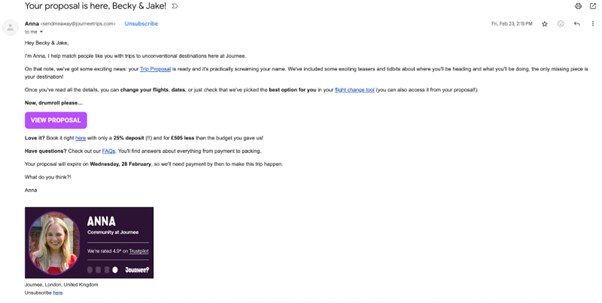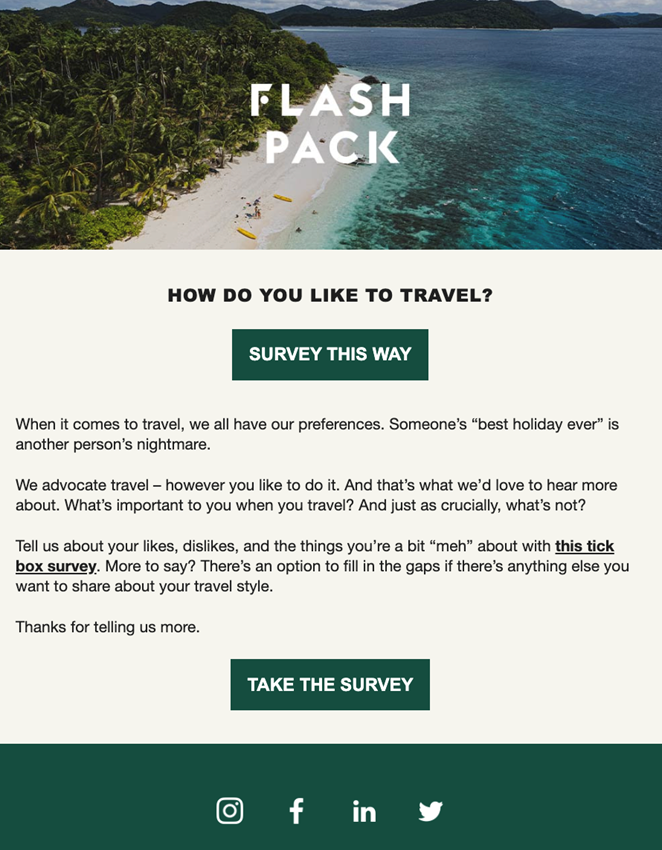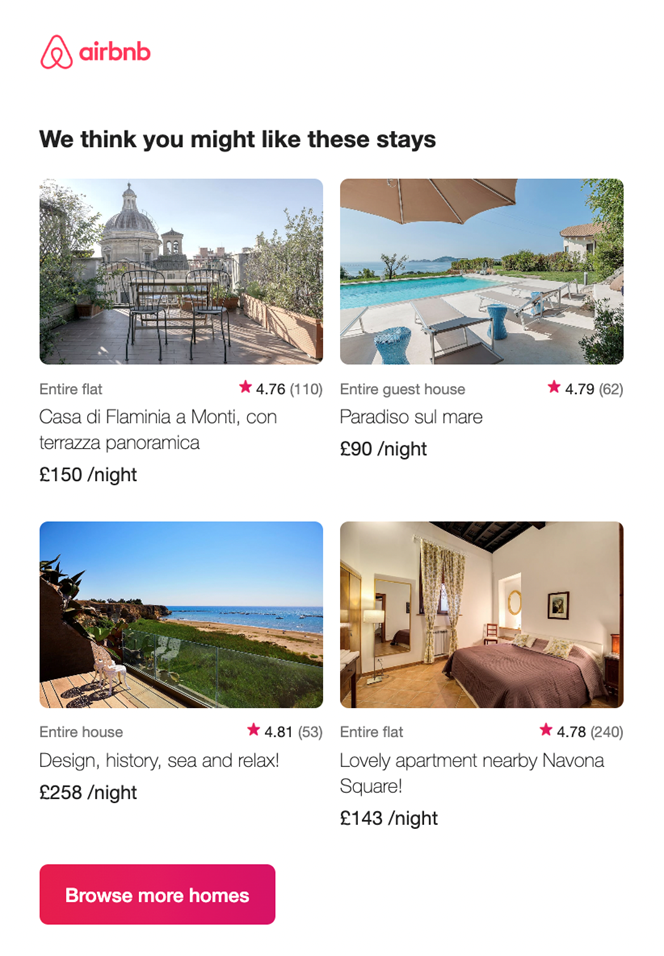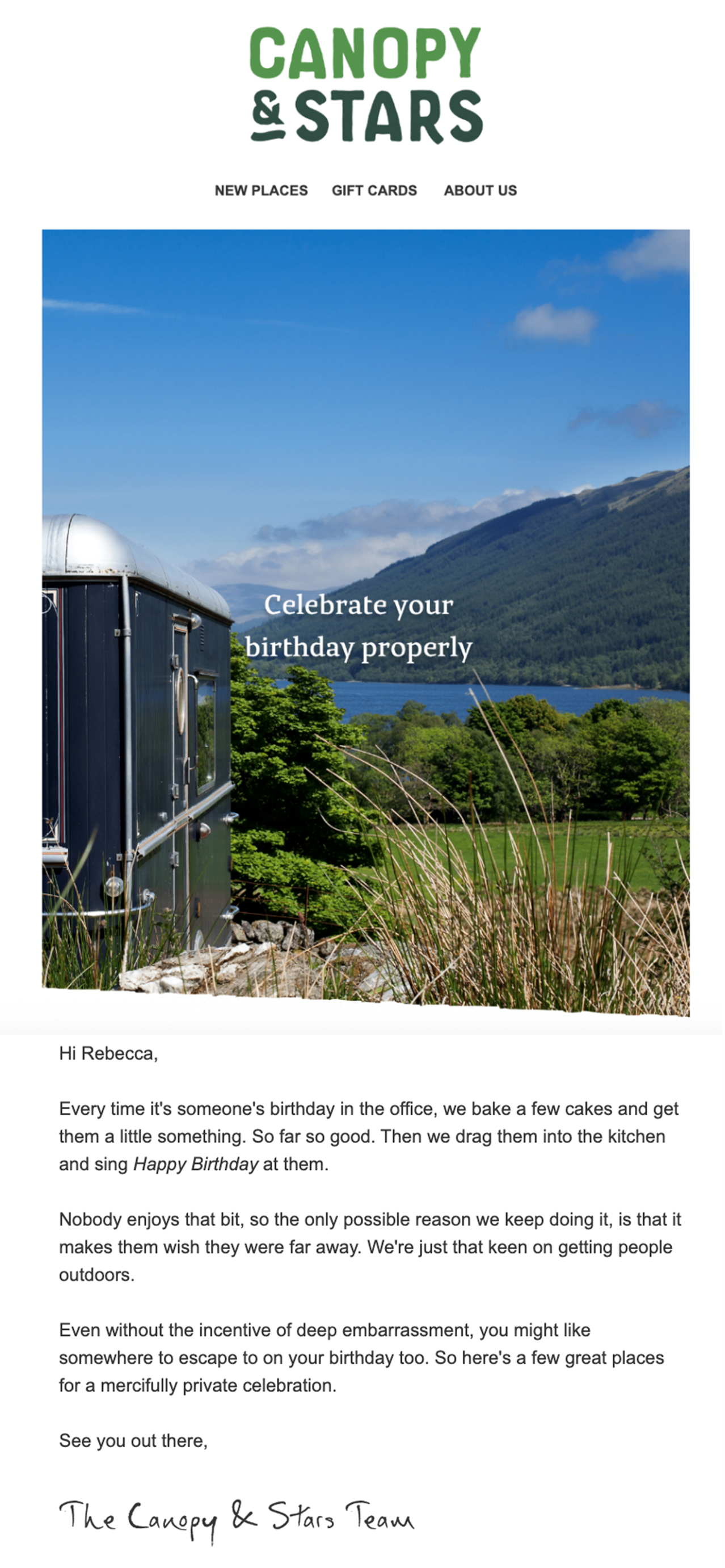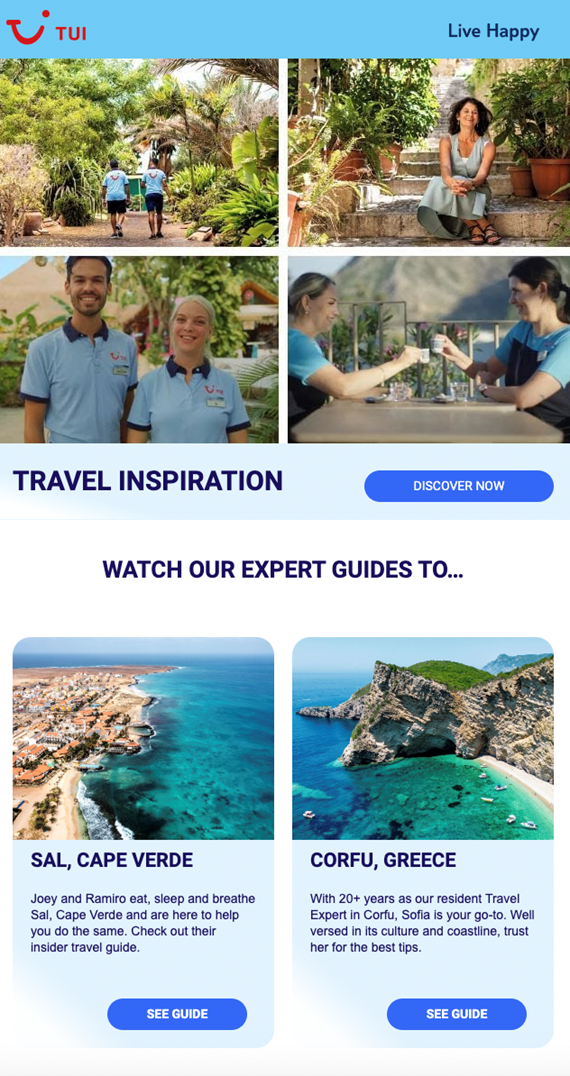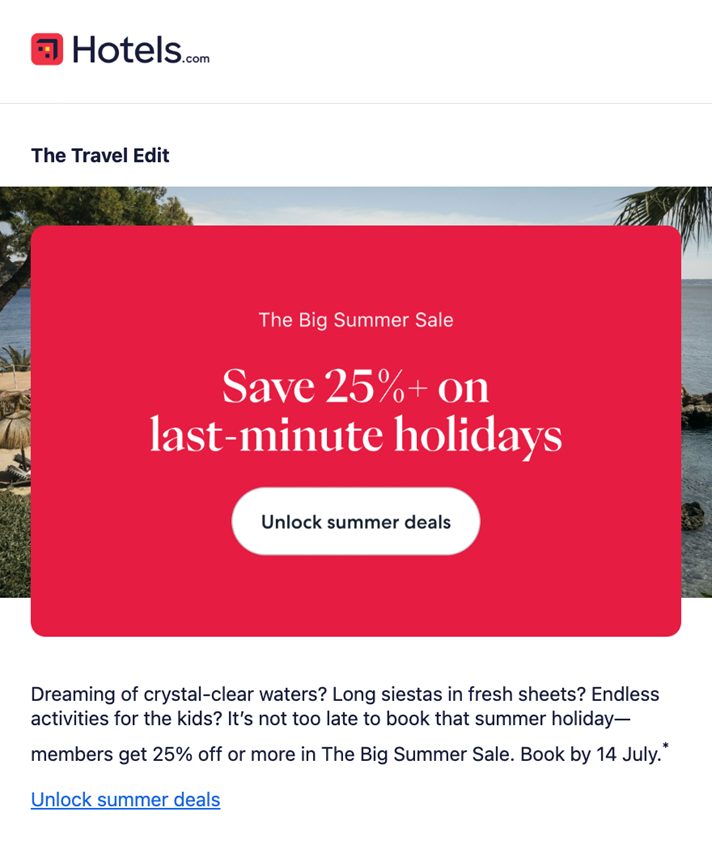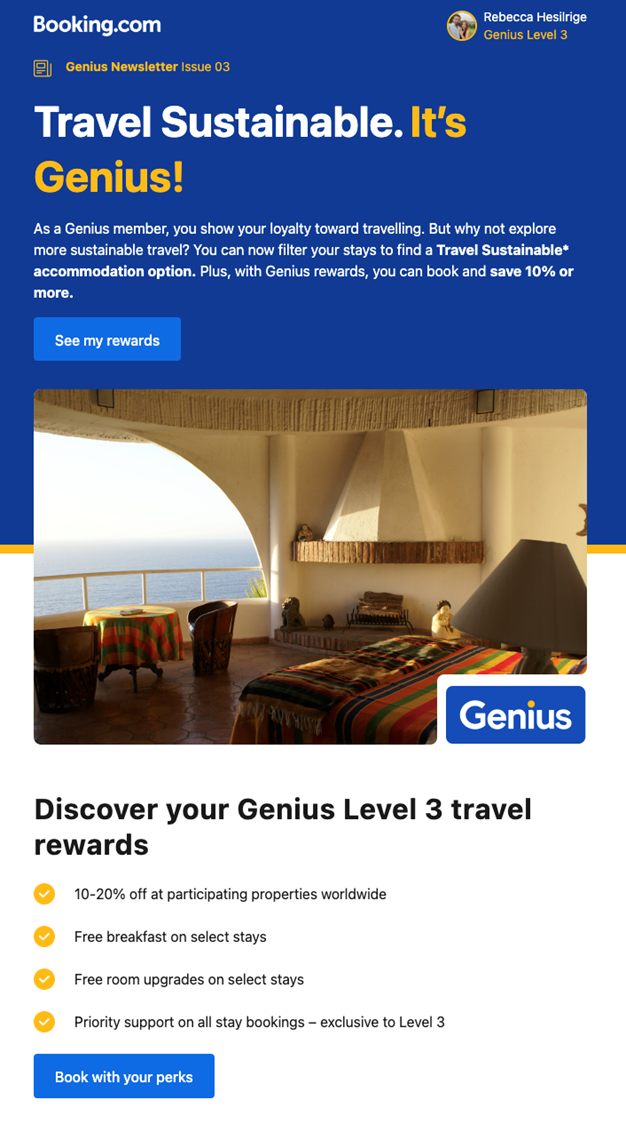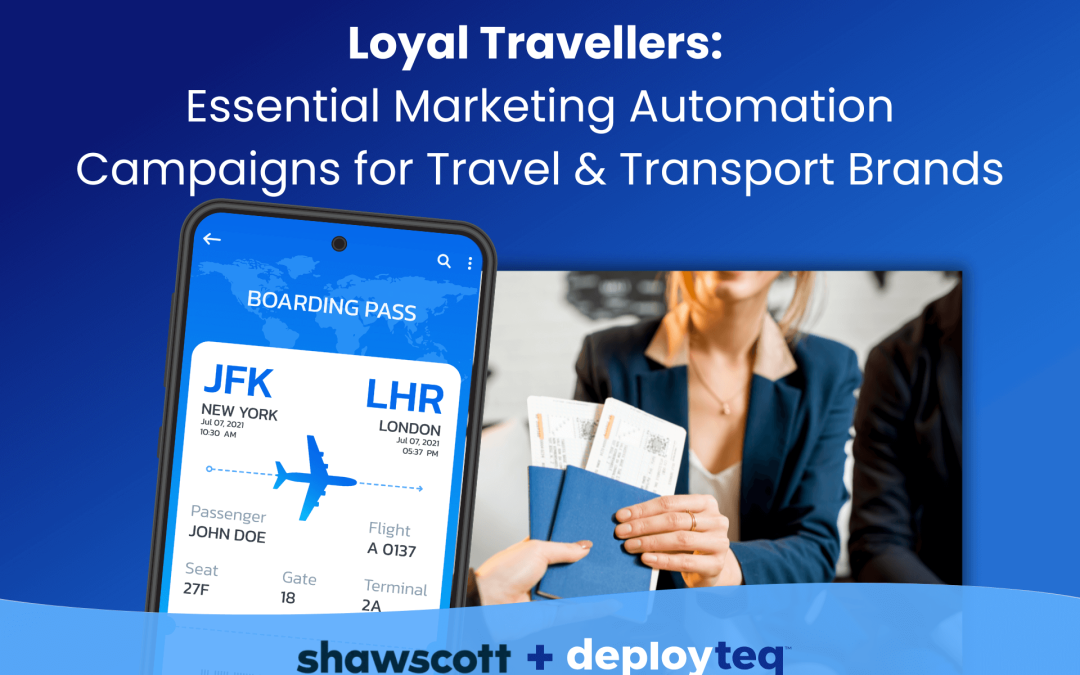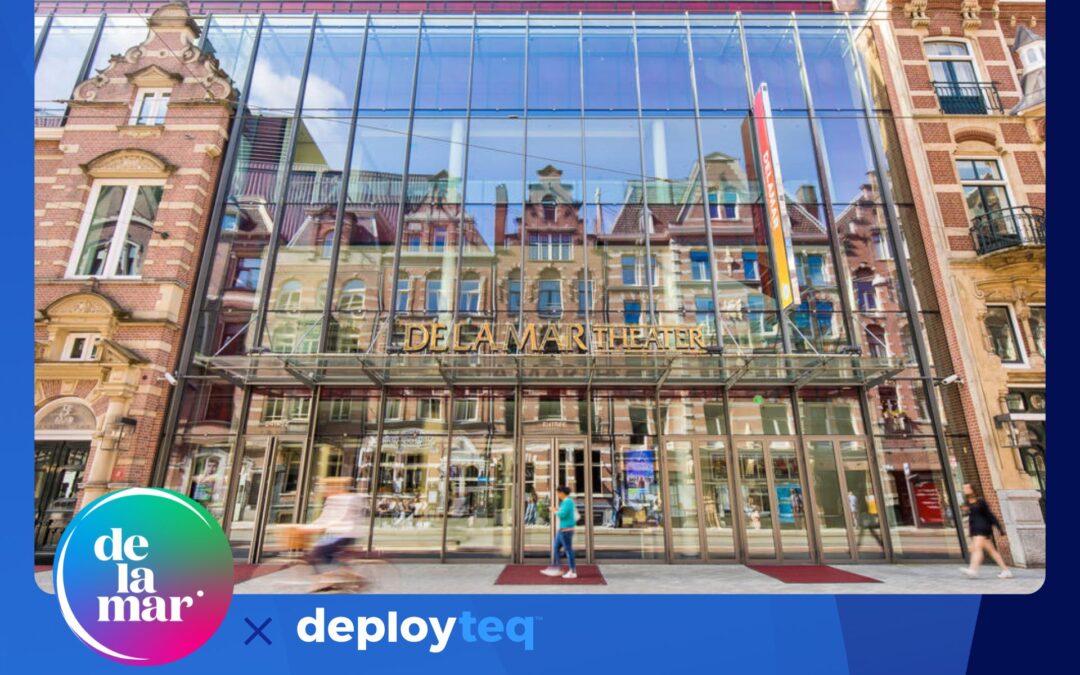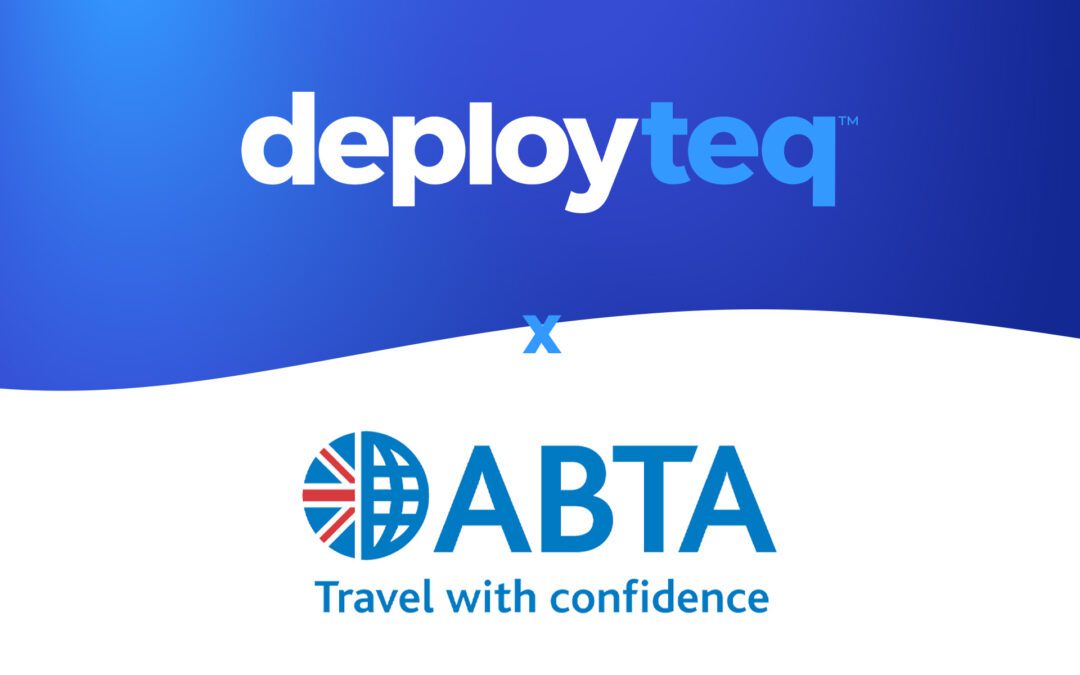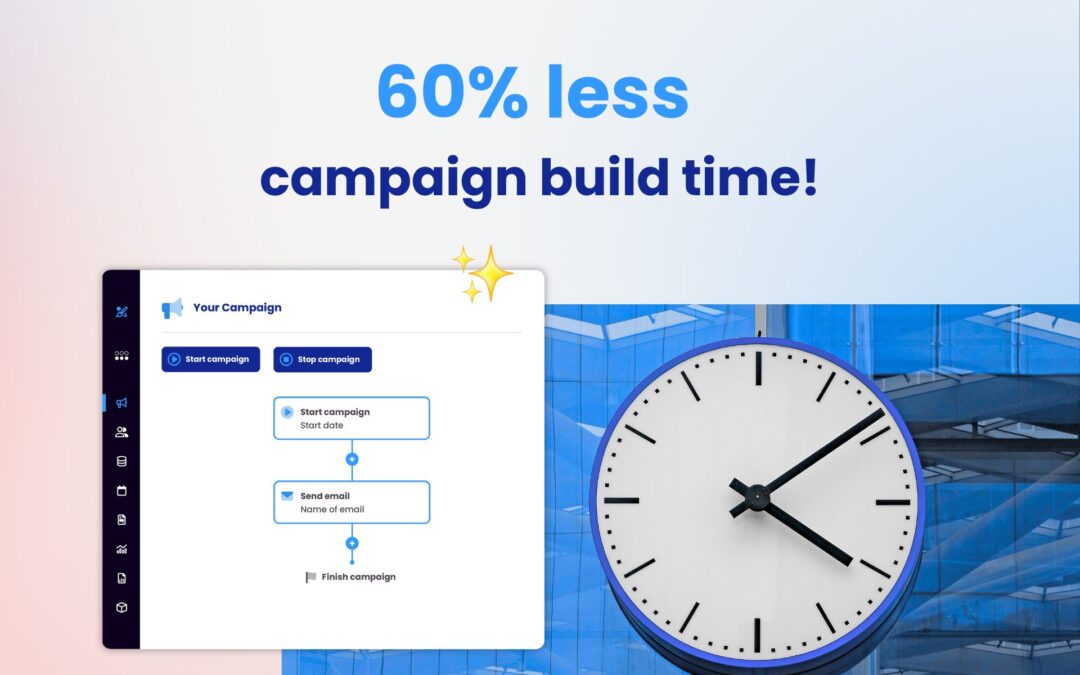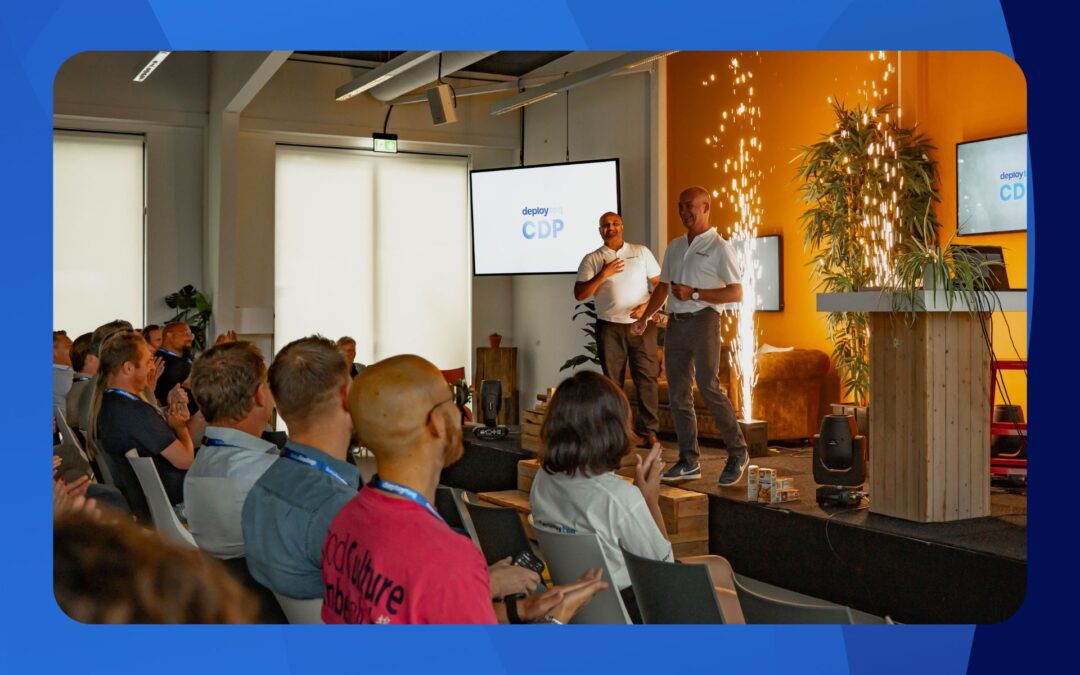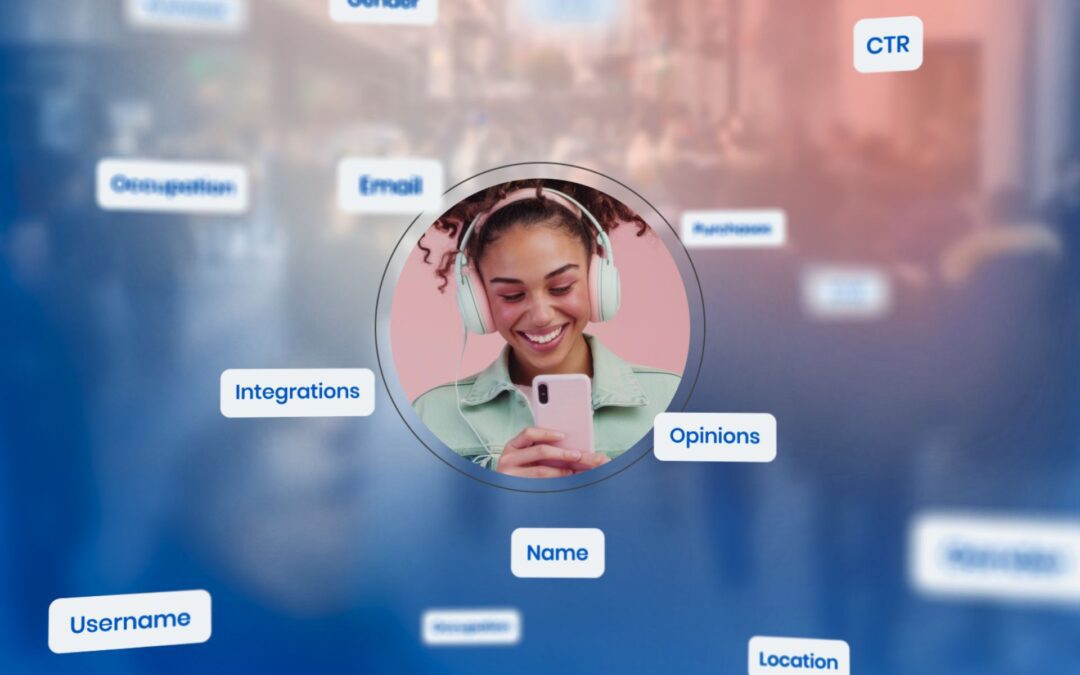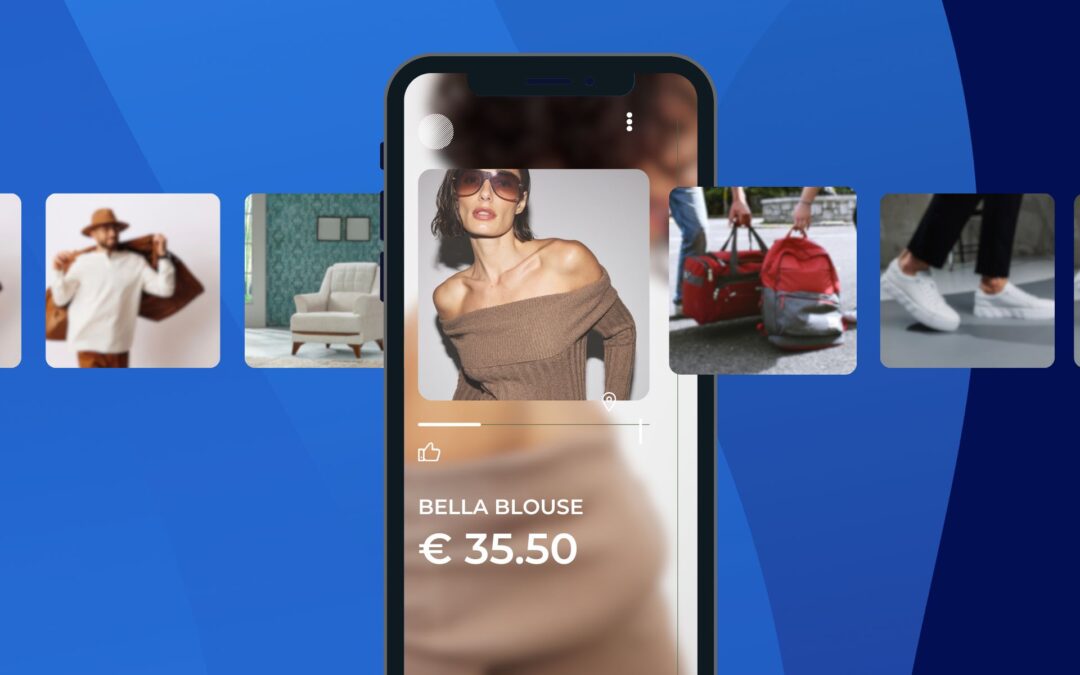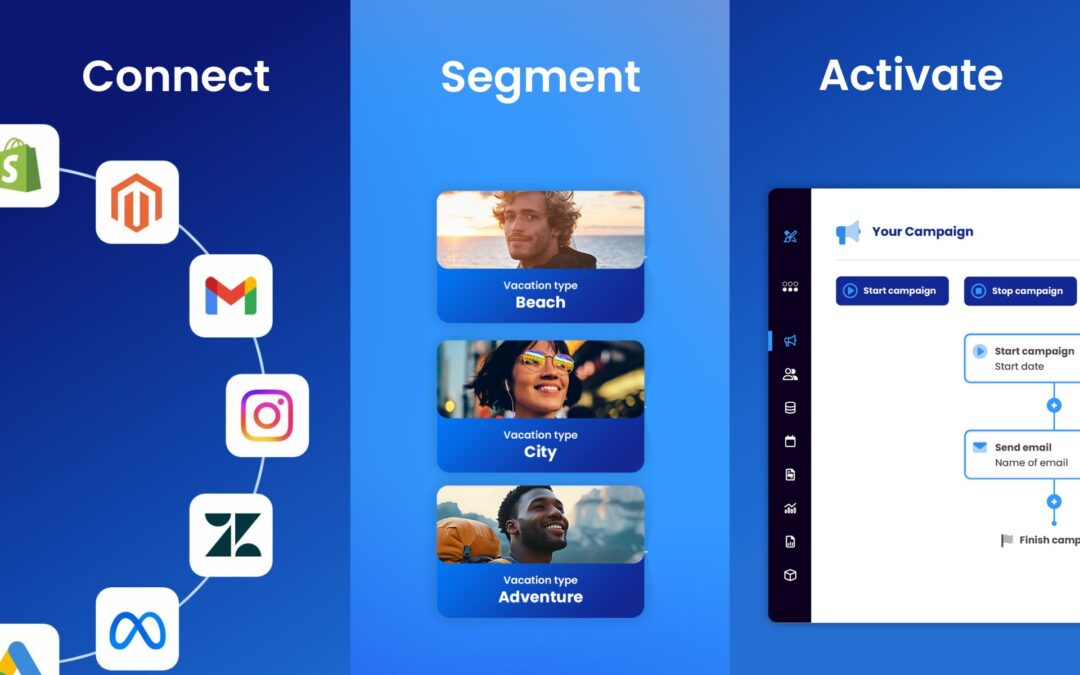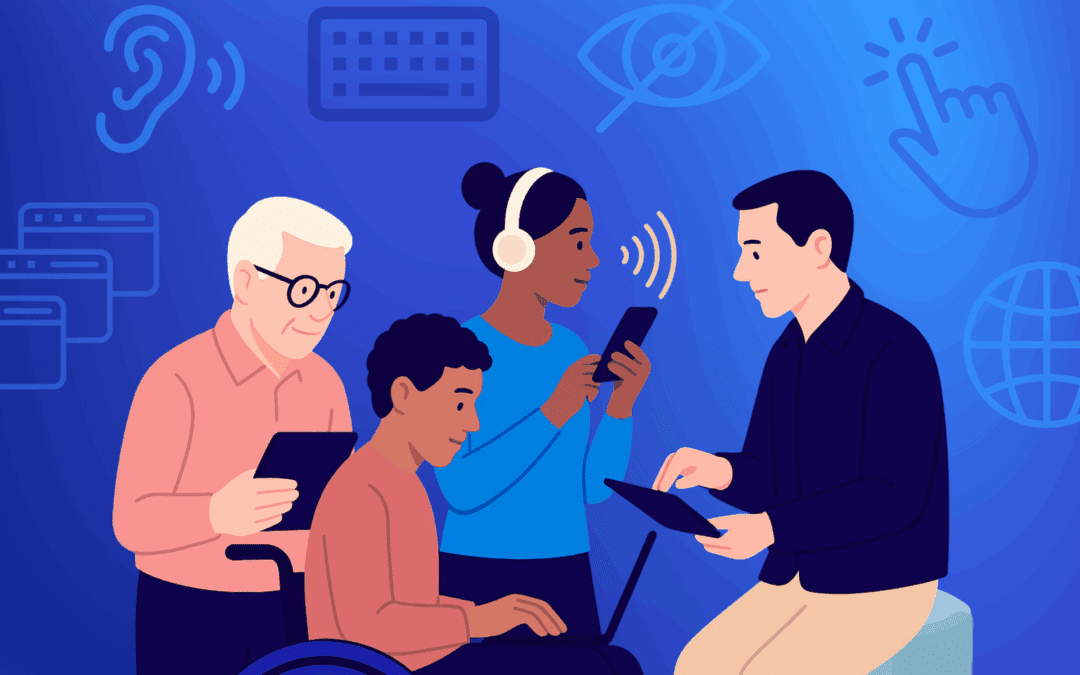Despite being one of the more traditional channels within marketing, email staunchly remains one of the most successful. Used by approximately 4.5 billion people worldwide, of which 59% of consumers report the channel influences their purchasing decisions.
So, it’s clear that email already boasts a significant influence on consumer behaviour. However, marketers can build on this influence with the use of psychology. By leveraging psychological principles, marketers can create even more compelling email campaigns that resonate with their audience; driving engagement, boosting bookings, and fostering loyalty.
In this guide, we explore the psychology behind email marketing specifically for travel agencies. Taking influence from some of the most renowned psychological principles, and using these to inform specific email campaigns that significantly impact customer behaviour.
Psychological principles in email marketing
So, why does email marketing have such a dramatic impact on consumers’ buying habits?
To answer this question, let’s dive into some of the most notable psychological principles which relate specifically to email marketing, alongside marketing in general.
The Seven Principles of Persuasion
Cialdini’s Seven Principles of Persuasion is one of the best-known psychological approaches for marketers. It is deeply rooted in psychological research, and can be strategically applied by travel agency marketers to influence customer behaviour.
1. Reciprocation: When a brand offers something of value to their customers, such as a free guide or an exclusive discount, customers feel a natural inclination to return the favour. This could be in the form of booking a trip, or leaving a positive review.
2. Commitment and consistency: By encouraging small commitments from their customers, such as subscribing to an email list or following their social media pages, travel agencies can create a foundation for larger commitments, such as making a booking.
3. Social proof: This principle is based on the idea that people look to others to determine their own actions.
Including testimonials, reviews, and user-generated content in emails can help to build trust and persuade potential customers to take similar actions.
4. Liking: People are more likely to be influenced by those they like. So, creating engaging and personalised email content can help travel agencies establish a positive connection with their audience.
5. Authority: Establishing a travel agency brand as an authority in the industry can significantly influence customer decisions. This can be achieved through sharing travel tips, destination guides, and showcasing industry awards to build credibility and trust.
6. Scarcity: People place higher value on things that are perceived as scarce. By highlighting limited-time offers or limited availability of popular destinations, travel agencies can create a sense of urgency and prompt immediate action.
7. Unity: Building a sense of community and shared identity amongst customers can dramatically enhance loyalty. By highlighting shared experiences and creating exclusive groups or forums for travellers, agencies can further strengthen this bond.
The Power of Habit
In his book “The Power of Habit,” Charles Duhigg explains how habits are powerful forces that shape our lives. He outlines these habits as a cue, routine, and reward. By understanding and leveraging this habit loop, travel agencies can further influence customer behaviour to make a desired action.
1. Cue: Travel agencies can identify triggers that can prompt customers to think about travel. This could be seasonal changes, school holidays, or past travel anniversaries.
2. Routine: Agencies can also encourage customers to establish routines that involve their travel services. This could include regularly checking their emails for exclusive deals, engaging with their content on social media, or visiting their website for travel inspiration.
3. Reward: Providing rewards that reinforce these behaviours in the form of discounts, loyalty points, or exclusive access to special offers can build positive habits in customers over time. These gradually become deeply ingrained, leading to increased customer loyalty and repeat bookings.
The Cocktail Party Effect
The Cocktail Party Effect describes an individual’s ability to focus on a specific stimulus, such as a conversation, even in a noisy or crowded environment. This principle is crucial in email marketing, where the goal is to stand out in a crowded inbox.
Personalised messaging
By tailoring emails to address the specific preferences and past behaviours of each recipient, travel agencies can cut through the noise of generic marketing messages. This personalisation makes the recipient feel valued and understood, increasing the likelihood of engagement and bookings.
Attention-grabbing content
There are lots of opportunities to grab attention through email marketing. From crafting compelling subject lines, to using high-quality visuals, and creating engaging content to capture and retain recipients’ attention.
Value perception
When customers feel that an email is specifically crafted for them, they are more likely to pay attention. This not only enhances engagement but also fosters a sense of loyalty and connection to a travel agency brand.
Understanding your target audience
For travel agencies to implement psychological principles and tactics, the first step is understanding who they are targeting with their email marketing.
To achieve this, here are three steps for gaining deeper insight:
1. Data collection: To truly understand your audience, you need to gather as much information on them as possible.
By gathering data on traveller preferences, behaviours, and demographics, travel agencies can combine this information to gain high-level views of their audience and drill down into the finer details. This will help to identify which psychological tactics will resonate with them the most.
2. Segmentation: Segmenting your email list is crucial to gaining a fuller understanding of what your customer base and audience look like, which is essential for determining the psychological tactics which will be most effective.
Segmentation involves dividing your email list into smaller groups based on specific criteria such as:
- Demographics: Age, gender, location, income level.
- Psychographics: Interests, lifestyle, values.
- Behaviour: Past travel history, booking and browsing behaviours, engagement with previous emails.
By understanding these segments, you can tailor your messages to resonate with the unique
preferences and needs of each group.
Create customer personas
Customer personas are fictional representations of your ideal customers based on real data and research. These personas help in understanding the psychological triggers that can motivate different types of travellers.
Each persona consists of different motivations and pain points, helping to determine the creation of personalised and psychologically appealing email content.
Seven influential email marketing campaigns for Travel Agencies
We’ve covered some of the high-level tactics that travel agencies can utilise to influence buyer behaviour. But to offer you more inspiration, let’s dig down into specific campaigns that combine many of the key psychological principles we have discussed.
1. Reciprocation: Free travel consultations and proposals
By offering a free travel consultation or a personalised proposal, travel agencies can provide immediate value to potential customers. This in turn builds a sense of obligation in recipients to reciprocate.
Additionally, by offering expert advice and personalised trip planning for free, agencies can create a positive first impression that can lead to future bookings.
2. Commitment and consistency: Travel surveys and questionnaires
Travel agencies can send an email inviting recipients to participate in a survey about their travel preferences and interests. This campaign uses the principle of commitment and consistency by encouraging customers to make small commitments throughout the survey.
The data collected then allows agencies to follow up with personalised content that aligns with their interests, gently nudging them towards booking a trip that fits their desires.
3. Social proof: Customer experiences
According to recent research, 86% of consumers report they have been inspired to visit a specific location after seeing user-generated content about it.
Fortunately for travel agencies, their customers offer a wealth of useful content to inspire other travellers. This content can be used in the form of ratings, detailed stories, and testimonials from happy travellers who have had memorable trips via the agency.
This campaign utilises the principle of social proof by showcasing real experiences and positive reviews from satisfied travellers. By highlighting a wide range of travel experiences, agencies can build trust and encourage potential customers to see the value others have found through their services.
4. Liking: Personalised trip recommendations
Personalisation is at the core of many psychological principles, and personalised trip recommendations are the perfect way for travel agencies to tailor their emails based on personas, previous searches, or booking history.
These campaigns are built on the principle of liking, where creating a friendly, conversational tone alongside personalised suggestions helps to build a positive connection with recipients.
Simply by addressing customers by their name and referencing their past behaviour, travel agencies can make them feel valued and understood, increasing the likelihood of engagement and bookings.
5. Authority: Travel advice from the experts
Whether it’s long-haul travel or a short city break, travellers love to receive tips and advice before their trip.
Travel agencies can share information from experts or locals via destination guides, travel hacks, or packing lists to support their customers in getting the most from their booking.
These campaigns use the principle of authority by positioning an agency as a knowledgeable and credible source of travel information. Furthermore, providing valuable, expert-driven content helps to establish trust and confidence in the agency’s ability to offer the best travel experiences.
6. Scarcity: Flash sales and limited-time discounts
We all get FOMO (fear of missing out) from time to time. Scarcity is the perfect way to trigger this emotion through the use of flash sales or limited-time discounts.
By sending these campaigns, travel agencies can capitalise on the principle of scarcity by creating a sense of urgency and exclusivity. By emphasising limited availability and time-sensitive offers, agencies can encourage recipients to act quickly to take advantage of the special deal, driving immediate bookings.
7. Unity: Exclusive perks
Last but not least, travel agencies can keep their regular customers happy and engaged by treating them like VIPs through exclusive travel deals, special perks, and even a dedicated club for them to join.
In doing so, travel agencies can utilise the principle of unity by fostering a sense of belonging among customers. Highlighting shared experiences and the benefits of being part of an exclusive group encourages customers to join the travel club, where they can enjoy unique perks and connect with like-minded travellers.
Next steps
For any travel agency, understanding and applying psychology to email marketing has the potential to transform how they connect with their audience.
By utilising psychological principles and tactics, marketers are able to create highly impactful campaigns that resonate with their audience, whilst steering them towards a desired action.
Of course, creating, personalising, and sending these campaigns at scale isn’t possible manually. Which is where marketing automation comes in.
At Deployteq, we are experts in marketing automation for travel agencies. As well as boasting an industry-leading email marketing platform, we will also be there to support and guide travel agencies in using the best tactics to engage their audience.
Get in touch with our friendly team to start your journey.
